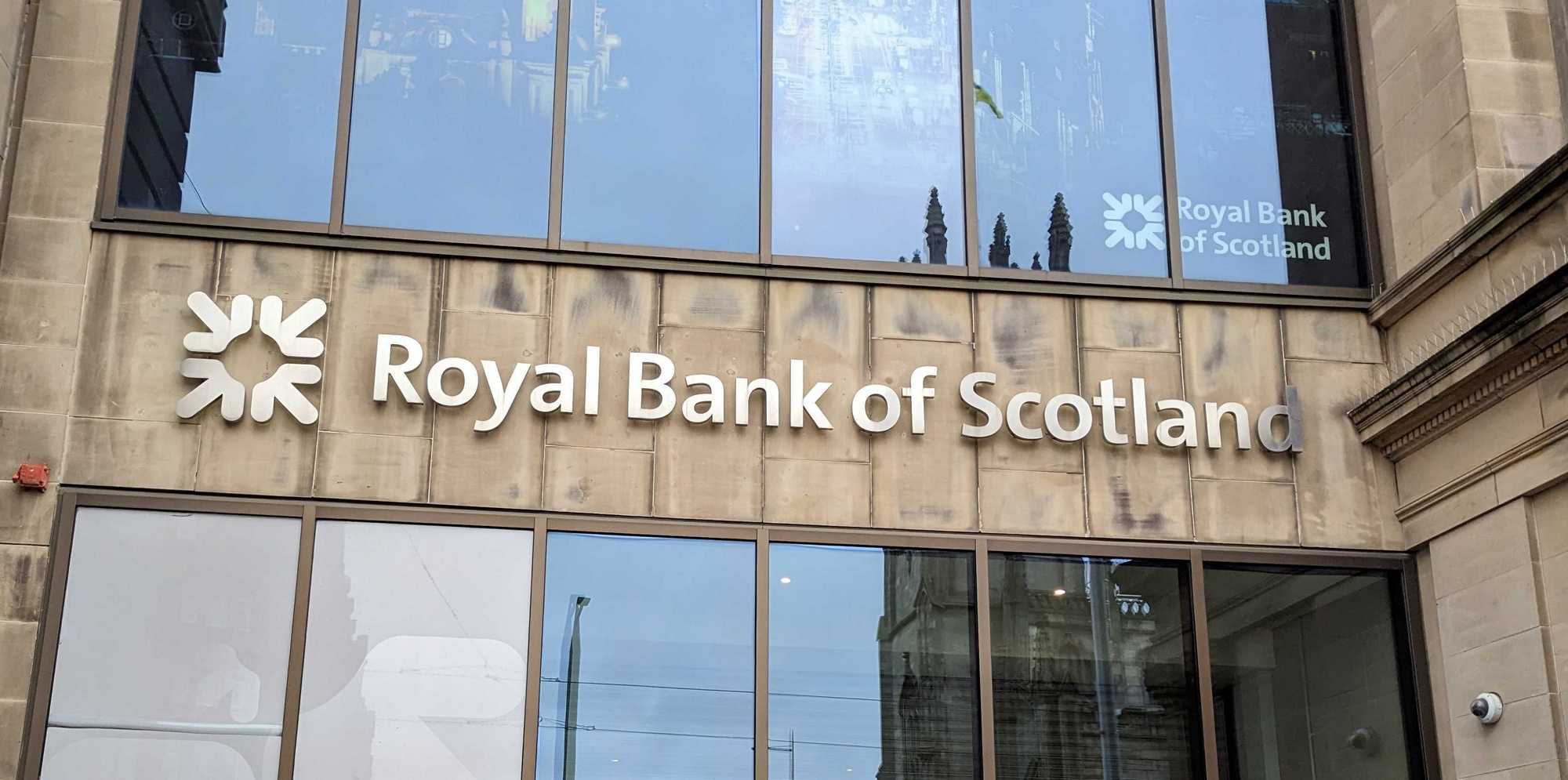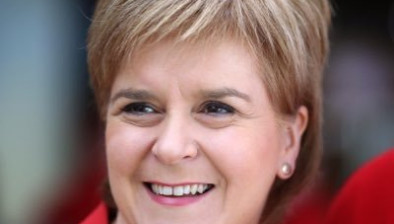RBS: £22bn revenue boost available for Scottish economy in drive to net zero

As COP27 begins in Egypt, the Royal Bank of Scotland (RBS) has issued findings that meeting net zero targets would give Scotland’s economy a £22 billion revenue boost between now and 2030, according to its 2022 A Springboard to Sustainable Recovery report.
To realise this revenue opportunity, new businesses are needed to retrofit homes across the country, as well as to service Scotland’s world-leading renewable electricity infrastructure.
The renewable electricity sector is the largest source of potential revenue for Scottish SMEs, accounting for 53% of the £22bn total. However, current projections show the number of SMEs working in renewables delivering infrastructure such as EV charging points, wind turbines and solar panels will need to more than double (124% growth) by 2030 to realise this opportunity
Scotland’s buildings sector accounts for 44% of the revenue opportunity that could be realised through the delivery of improvements to premises such as insulation and the installation of heat pumps, however, as with the renewable electricity sector, current projections show the trade will be required to achieve a 109% growth rate in the number of SMEs in the market by 2030.
Additionally, these targets offer an opportunity for Scottish businesses to access other markets with their low-carbon goods and services, with the investment required to decarbonise Europe in the next ten years around five times that required in the UK.
At a UK level, the economy could benefit from a potential £175billion revenue opportunity by 2030, with over 260,000 new jobs created in the process. With the right support SMEs could contribute up to 50% of UK 2030 emission targets through pursuing decarbonisation.
The business case for decarbonisation has strengthened, as the dramatic rise in energy prices in the UK and uptake of transition commitments (such as energy efficiency standards) mean that many decarbonisation investments could make more financial sense for Scottish SMEs in 2022 than 2021.
For example, installing a heat pump pays back today in half the time that it would have taken in 2021, because gas prices have increased more than electricity prices.
Alison Rose, RBS’ CEO, said: “The imperative to tackle climate change – still the biggest single issue facing humanity – is more pressing than ever. But in the context of a turbulent macroeconomic environment, with the prospect of a recession in the UK, and the increase cost of living due to rising prices, SMEs in Scotland face tighter case flows and fears for the future of their business.
“Yet against this backdrop, we find that Scottish SMEs are well placed and pivotal to drive the next decade of decarbonisation in the UK, and to harness growing revenue opportunities.
“This creates opportunities for business of all shapes and sizes, and at Royal Bank of Scotland we will do everything we can to help Scottish businesses access that opportunity.”
The investment requirements to decarbonise Europe in the next ten years will be around five times the size of the investments required in the UK, and the global requirements will be around 30 times.
The report has also found that UK SMEs already export nearly £200bn of products and services today, including in many sectors critical to decarbonisation, such as chemicals, electrical equipment, and low carbon services. The findings show that SMEs who successfully export low-carbon products and services will be selling into a growing global markets.
There are different revenue opportunities across the UK accessible through decarbonisation, with the scale of opportunity in different sectors varying from region to region. For example, more than 50% of the revenue opportunities for buildings and transport lie in the South and North West, but more than 50% of the SME opportunity in renewables deployment lies in the North East and East.







